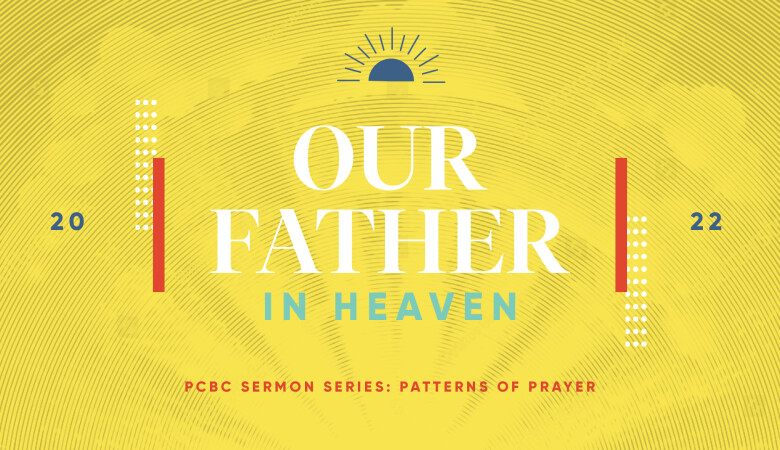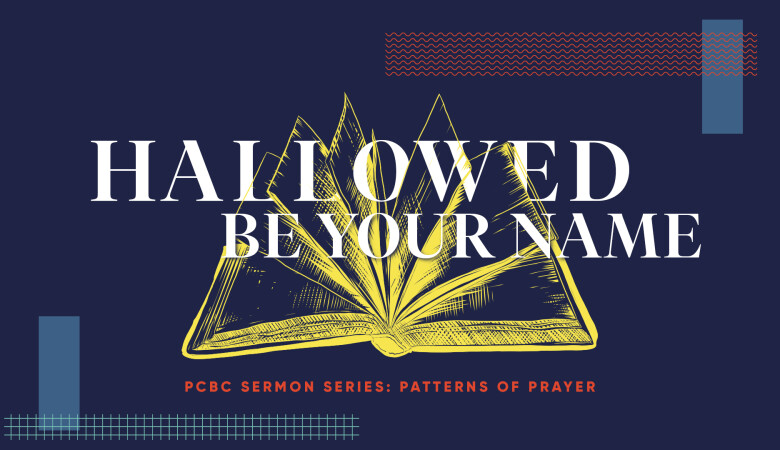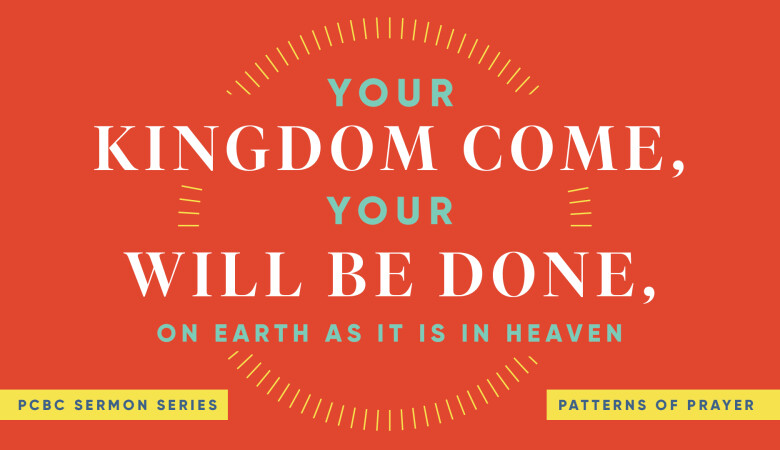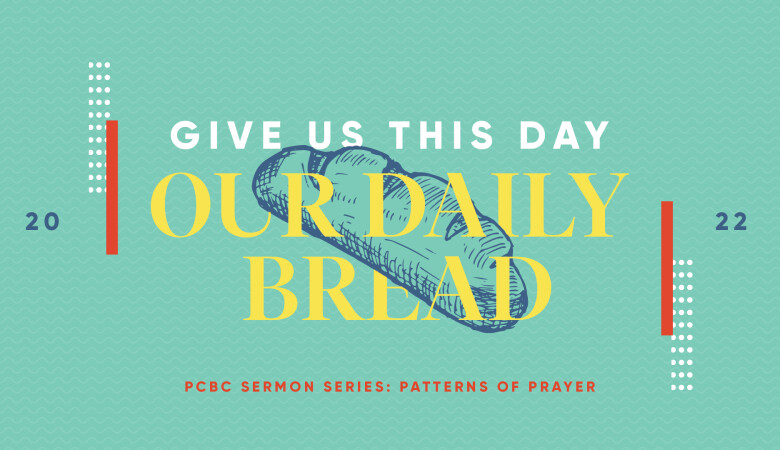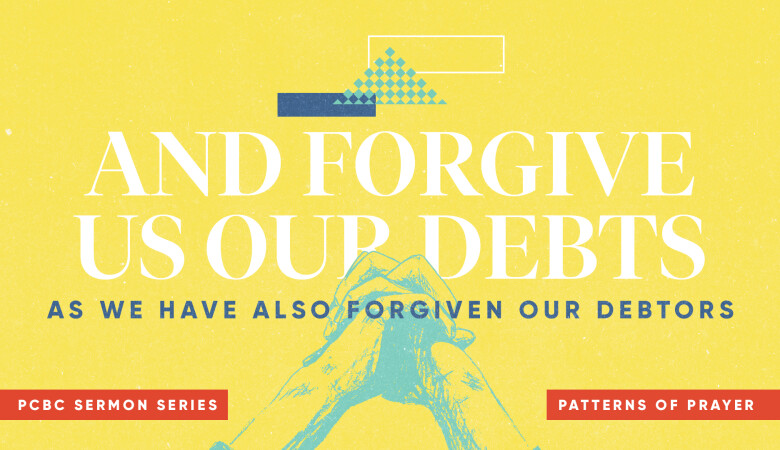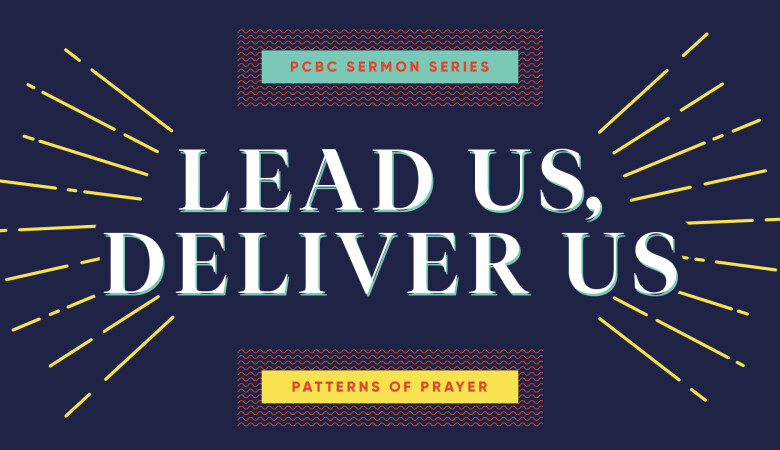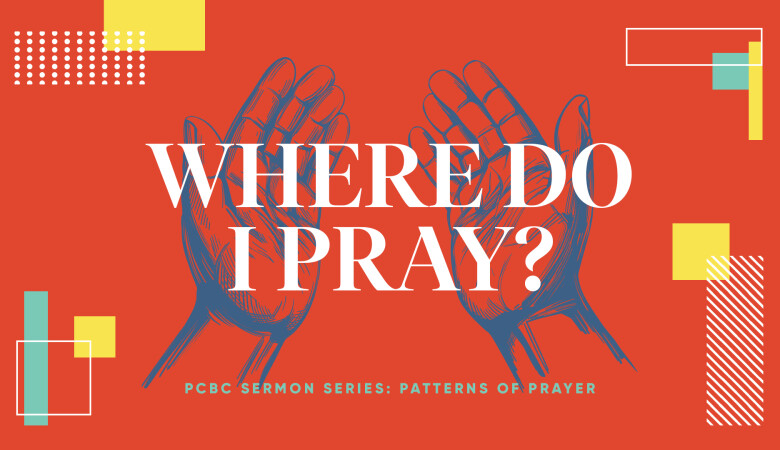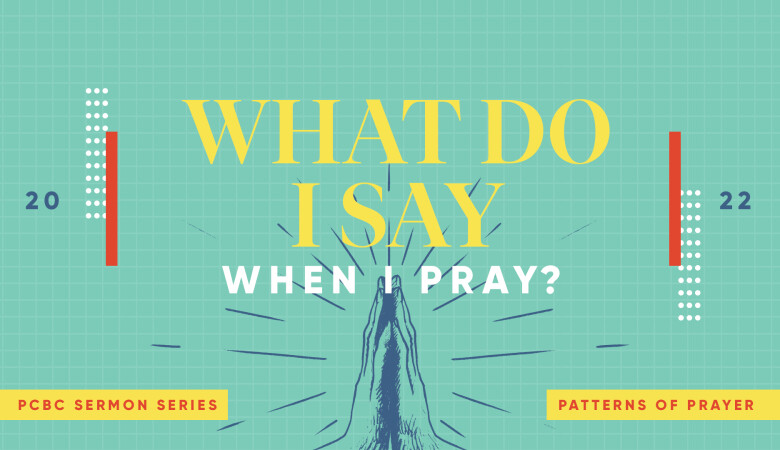Sermon Response Guide
PRIMARY SCRIPTURE:
Matthew 6:14-15 NIV
14 For if you forgive other people when they sin against you, your heavenly Father will also forgive you. 15 But if you do not forgive others their sins, your Father will not forgive your sins.
Key Points
- To be forgiven is to live as a preemptive forgiver.
- Salvation is not an if-then law of reciprocity. Neither is forgiveness.
- Salvation is grace from start to finish: one-way, unconditional love. So is forgiveness.
- When we forgive, we further embrace God’s forgiveness.
- Forgiveness is not:
1) Agreeing with or condoning what the person has done
2) Necessarily allowing the person back into their previously held role in our lives
3) Always reconciling with the person
4) Releasing the person from necessary behavioral change and accountability - All religions have an ethical system. Only in Christianity do we live out of who we have become in Christ Jesus: totally forgiven.
- Only in Christ do we find a God who would die to forgive others.
- We owed a debt we could not pay, while Jesus paid a debt he did not owe – all so we would forgive as we live forgiven.
Memory Verse
Ask God to write this word on your heart this week:
“Pray then like this: ‘Our Father in heaven, hallowed be your name. Your kingdom come, your will be done, on earth as it is in heaven. Give us this day our daily bread, and forgive us our debts, as we also have forgiven our debtors. And lead us not into temptation, but deliver us from evil.’”
-Matthew 6:9-13 ESV*
*Note: Through the rest of this sermon series, “Patterns of Prayer,” we will be working together as a faith family to memorize and regularly pray the Lord’s Prayer in Matthew 6:9-13 three times each day (morning, noon, and night). We invite you to pray with us in Ellis Chapel Monday through Friday from 11am to 1pm through April 15, 2022.
Questions for Reflection
Take time to reflect and respond to these questions on your own in the presence of the Holy Spirit, or with trusted friends or family members:
1: Read Ephesians 4:32 and Colossians 3:12-13 and answer the following questions.
· What do these two Scriptures have in common?
· Why do you think we are commanded to forgive?
· How is forgiveness a form of kindness toward others, toward ourselves, and toward God?
2: What is the correlation between the concepts of being blessed to be a blessing, and forgiving as we have been forgiven?
3: Once we have received forgiveness in Christ Jesus, forgiveness is not only possible, but joyful. What does this statement mean to you, and why might it be true? In other words, what joy(s) can be found in forgiveness?
4: Read Romans 5:8 and answer the following questions.
· What is so groundbreaking about God sending his own Son to die for us while we were still sinners?
· Consider the incarnational identity of Jesus Christ (being at once both fully human and fully God). How does Christ’s incarnational identity affect your understanding of this verse?
· What does this verse teach us about forgiveness?
5: Who do you need to forgive?
6: Take time to pray through the following steps toward forgiving someone who has personally wronged you. Ask God to help you:
· Rediscover the person’s humanity
· Surrender your right to get even with the person
· Pray for God to cover the person with grace
· Revise your feelings and hopes for the person
· Release the person
· Embrace the freedom to flourish and thrive without bitterness
Pray
Lord, open our eyes to see our constant need of forgiveness. Teach us to come to you as a child – as your own child – believing undeserved, enduring love and forgiveness is always found in your presence. Send us out to live forgiven, freely forgiving those who wrong us – even when that person is us. If you can forgive us, Lord, why can’t we forgive ourselves? Our Father in heaven, forgive us our debts, as we also have forgiven our debtors.
references
For those interested in further study, our pastors want to share resources that have aided them in their sermon preparation (in conjunction with the Bible and the Holy Spirit):
· The Lord and His Prayer by N.T. Wright
· Living the Lord’s Prayer: The Way of the Disciple by Albert Haase
· Jesus Through Middle Eastern Eyes by Kenneth E. Bailey
· On Earth as It Is in Heaven: How the Lord’s Prayer Teaches Us to Pray More Effectively by Warren W. Wiersbe
· With Christ in the School of Prayer by Andrew Murray
· The Pursuit of God by A.W. Tozer
· Prayer: Does It Make Any Difference? by Philip Yancey
· The Practice of the Presence of God and the Way of Perfection by Brother Lawrence and Teresa of Avila
· Prayer: Finding the Heart’s True Home by Richard J. Foster
· The Art of Forgiving: When You Need to Forgive and Don’t Know How by Lewis B. Smedes
· What’s So Amazing About Grace? by Philip Yancey
